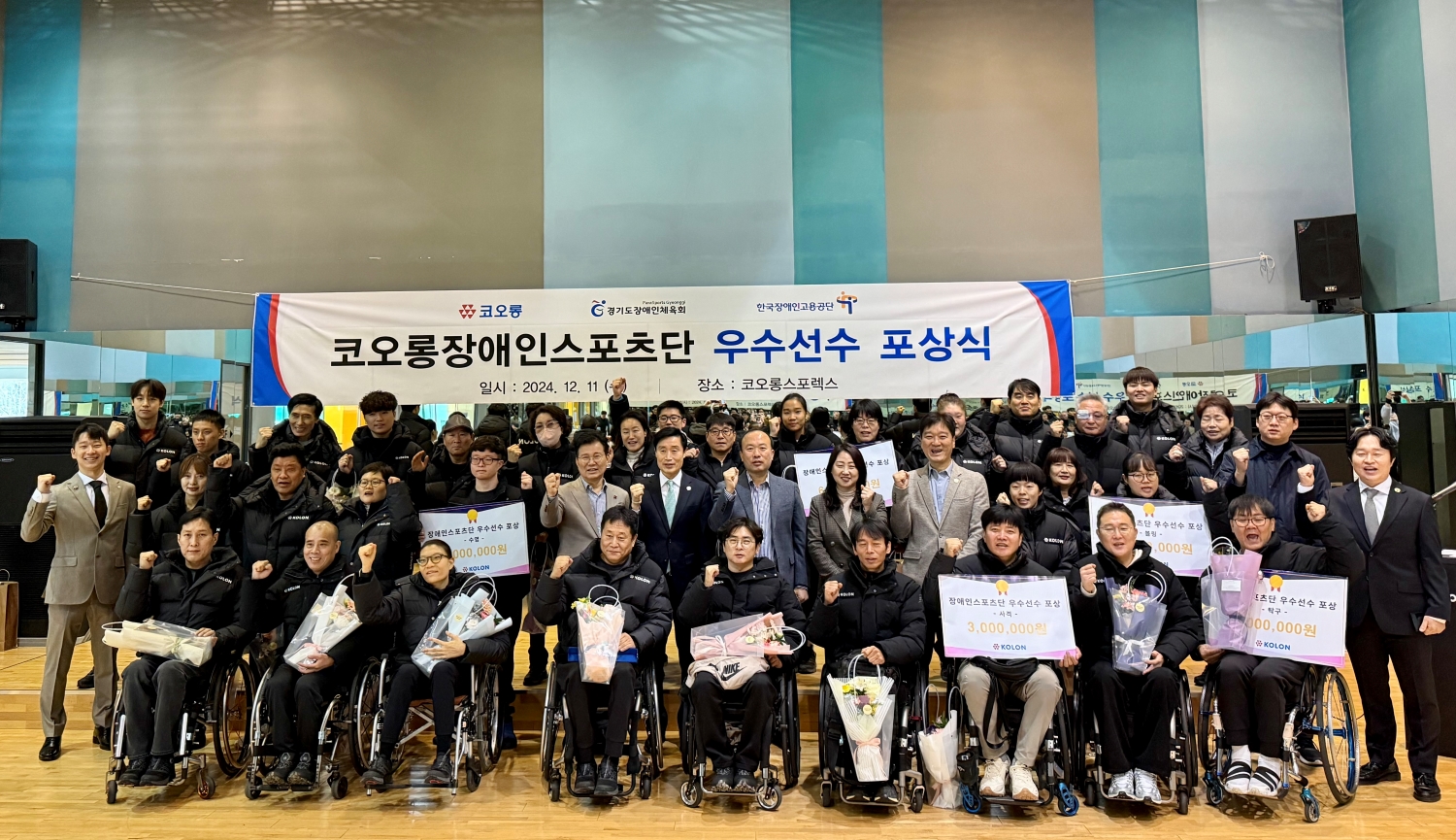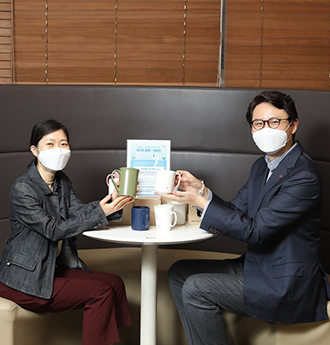Late Chairman of Kolon Group and Textile Industry Pioneer, Lee Dong-chan, to be Honored in the Korea Business Hall of Fame
KOLON
2024.12.20
▷ Featured in the 2024 Business Hall of Fame organized by the Korean Academic Society of Business Administration
▷ Contributed to the history of Korea's textile industry, including establishment of the first nylon factory in Korea
- Leading the Korean textile industry and contributing to economic development, including serving as chairman of the Korea Textile Industry Federation
▷ Set an example to the business community by fulfilling corporate social responsibility
- Laid the foundation for desirable labor-management cooperation as chairman of Korea Enterprises Federation for 14 years
- Operated a 'Ujung Good Deeds Award' to recognize the good deeds of volunteers
The late Chairman of Kolon Group, Lee Dong-chan, who marked the 10th anniversary of his passing this year, will be entered into the Korean Business Hall of Fame.
On the 20th, the Korean Academic Society of Business Administration (Chairman, Kim Yeon-sung) announced the final selection of Lee Dong-chan as the 2024 honoree of the Korea Business Hall of Fame.
Lee is an entrepreneur who pioneered Korea's textile industry and led the country's economic development. In 1954, he founded Gaemyeong Trading Company, the predecessor of Kolon Corporation, to introduce nylon in Korea, and in 1957, he and his father, Lee Won-man, founded Korea Nylon Corporation, the parent company of the Kolon Group, to build the country's first nylon yarn factory and spearhead the Korean textile industry.
Nylon, which was produced to provide clothing for the impoverished during the Japanese occupation and the Korean War, revolutionized the clothing lifestyle in Korea. The expectation that nylon would liberate women from the labor of sewing was also realized, as Lee remembered his mother sewing tattered clothes all the time. After taking over as chairman of Kolon Group in 1977, Lee, who also served as chairman of the Korea Textile Industry Federation, sought to advance the domestic textile industry and diversified the company's business by actively promoting its entry into new growth industries such as chemicals, construction, pharmaceuticals, electronics and ICT.
In addition, he set an example by practicing what he had declared early on, which was to fulfill corporate social responsibility by protecting consumers and contributing to national development through the pursuit of healthy profits. At a time when labor-management issues were serious, he contributed to the settlement of labor-management issues by serving as the chairman of the Korea Enterprises Federation for 14 years from 1982, believing that “people are at the core of a company”. In 1990, he established the National Economic and Social Council, a permanent consultative body for labor and management, and laid the foundations for labor-management cooperation by reaching a social agreement with the Korean Confederation of Trade Unions in 1993 and promoting a joint declaration for the establishment of industrial peace in 1995.
Chairman Lee also served as chairman of various sports organizations, including the Korea Basketball Association and the Korea Golf Association, and was active in sports diplomacy as a member of the Korean Olympic Committee. As the first chairman of the organizing committee for the 2002 Korea-Japan World Cup, he contributed to the successful hosting of the World Cup, and also actively supported the marathon, then an unpopular sport, playing a major role in winning the 1992 Olympic gold medal. In recognition of these internal and external management activities, he was awarded the 'Gold Tower Order of Industrial Service Merit' in 1982, the highest honor for an entrepreneur, and in 1992, he became the first businessman to receive the National Order of Civil Merit, Mugunghwa Medal, the highest of its kind awarded to an individual. He was also given the Order of Sports Merit awards - the White Horse in 1982, the Colossus in 1986, and the Blue Dragon in 1992.
After retiring from business in 1996, he continued his social contribution activities as the chairman of the Oun Cultural Foundation, where he led a ''making the world a better place'' campaign. In 2001, he established the 'Ujung Good Deeds Award' named after his pen name, Ujung, and personally presented the awards to the winners every year until his death in 2014.
“He is recognized for his outstanding management achievements as a leading Korean entrepreneur, and for his significant contributions to the rapid development of the Korean economy and industrial innovation for the future,” said Kim Yeon-sung, president of the Korean Academic Society of Business Administration. The society, founded in 1956 as Korea’s first management association, has been dedicating its Hall of Fame every year to business leaders who have made significant contributions to Korea's economic development since 2016.
KOLON Group's mobile web is optimized for vertical screens.




